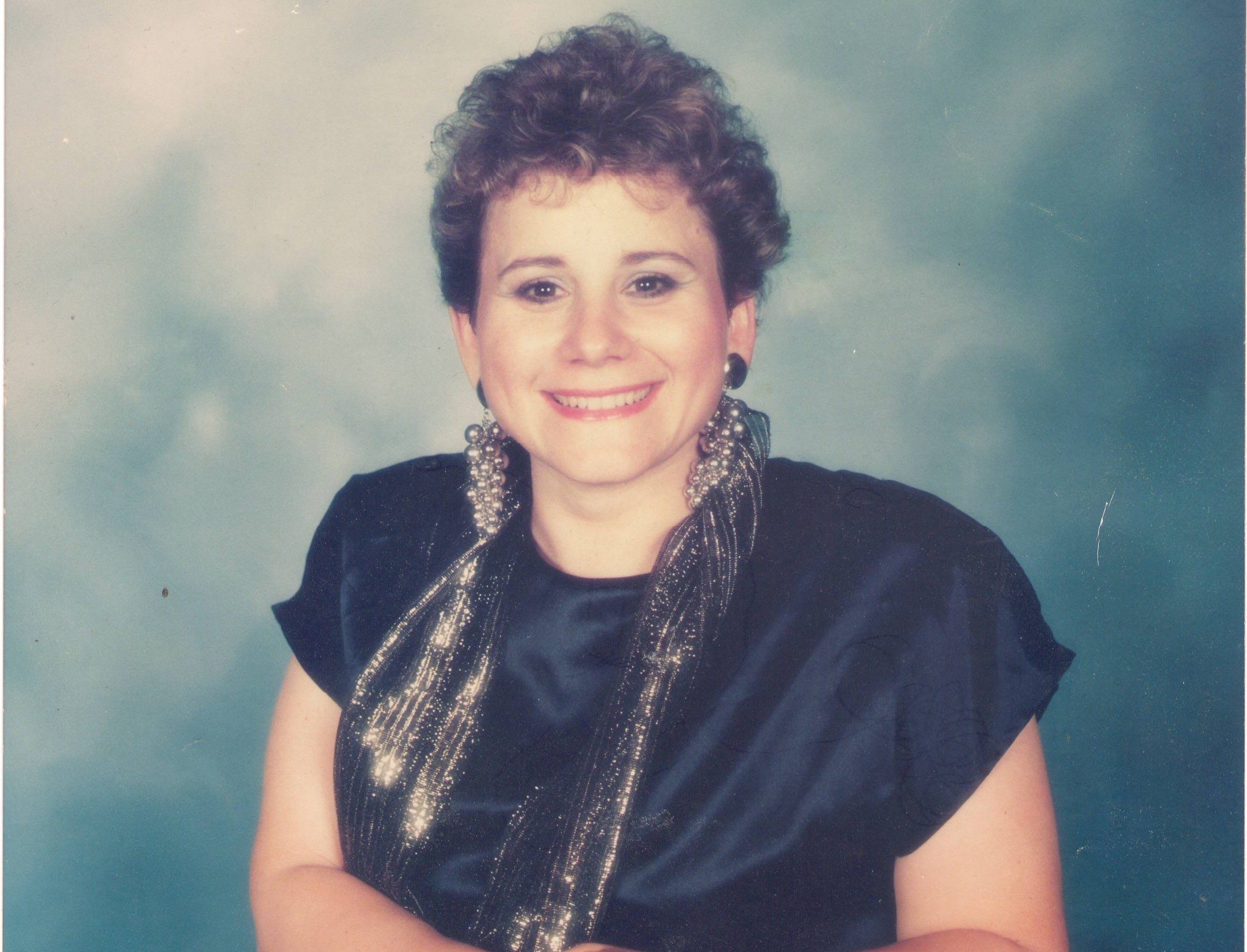Determined. Indomitable. A smasher of norms. Definitely not shy.
People who knew Helen Wolfe tended to use the same words to describe her.
A teacher, writer, advocate and world traveler who had a lifelong physical disability that required the use of crutches, a scooter or wheelchair, Wolfe not only did not allow obstacles to get in her way, she seemed to relish toppling them.
“She grew up in a time when people with disabilities were segregated and of whom little was expected,” her death notice stated. “From childhood, she had a fierce determination to live life to the fullest. Helen upended social norms and surmounted obstacles which stood in her way.”
Wolfe died of cancer in Toronto on Aug. 17. She was 69.
She was born in Toronto on July 16, 1953 with spina bifida, a birth defect that occurs when the spine and spinal cord don’t form properly. Her Polish-born parents arrived in Canada in 1951. Her mother, Toby, had survived Auschwitz, while her father, Josef, had been interned in several ghettos. In his new home, her father became a manufacturer of felt.
Helen had numerous operations before the age of 10 to try and improve her condition, sometimes at discounts in the days before OHIP. Her mother nicknamed her “chocolate eyes” for her voracious consumption of the sweet, which often covered her face, while in hospital.
Despite her hardships, even at a young age, “she always wanted to learn and she was always a fighter,” related her sister, Margie Wolfe.
Helen attended Sunny View Public School for physically and developmentally disabled children.
“It was segregated. That’s the way it was. The system at the time did not allow for children with disabilities to participate in the regular school system,” her sister said.
But Helen was widely admired, becoming Miss Easter Seals for a calendar, photographed sitting on the knee of Toronto Maple Leaf Red Kelly. Still, she knew at an early age that she wanted to break free of stereotypes that clung to, and held back, people with disabilities.
In the mid-1970s, she graduated with an honours degree in English from the University of Toronto, then enrolled in teachers’ college, where the principal immediately urged her to quit because she would never get a job.
“A lot of Helen’s life was about proving she could do as much as most people,” Margie Wolfe said.
It took her some time to gain traction in the profession. After a long stint supply teaching, she spent 37 years teaching, mostly English as a second language to new immigrants and refugees at three schools in the Toronto District School Board.
“She was very beloved. One student named his daughter after her,” her sister recalled.
“She had a keen sense of social justice. When she was younger, she fought for her own individual rights. As she matured, she recognized that her issues were problems that we as a society should deal with.”
Edward Rice, chair of the Canadians with Disabilities subcommittee of B’nai Brith Canada’s League for Human Rights, knew Wolfe for about 38 years, first meeting her when the National Council of Jewish Women formed a group for young Jewish adults with disabilities.
The purpose of the group was to get Jews with disabilities integrated into the community. Part of its mandate was to press synagogues—successfully, it turned out—to become more accessible and help mark b’nai mitzvot for those who couldn’t when they were younger.
“Helen was instrumental in encouraging these young adults to participate,” Rice recalled. “She was an integral part (of) outreach and peer support.”
He recalled Wolfe as having “boundless energy, fierce determination, and always wanting to lend a helping hand. Her own disability was never an obstacle or consideration for the projects she brought to fruition.”
She kept her pen busy as well, authoring 37 teachers’ guides, including two for the March of the Living—one for the book Witness: Passing the Torch of Holocaust Memory to New Generations, and one for the documentary Blind Love: A Holocaust Journey Through Poland with Man’s Best Friend.
She also wrote three books. Terrific Women Teachers (2011) profiled 10 inspirational female educators, including Maria Montessori, founder of the eponymous method of self-directed learning, and Annie Sullivan, Helen Keller’s “miracle worker.”
Unstoppable, Women With Disabilities, released a year ago, looked at 10 other women with physical and mental health challenges, some from birth and some who became disabled later in life, but all determined to make the world a better place, not just for themselves, but for those who followed them.
Her last book is slated for posthumous publication next March. World Changers will comprise biographies of women from around the world who have done things that have transcended the norm.
Throughout, Wolfe travelled widely, to Australia, New Zealand, China and Alaska. She whitewater rafted in Alberta and ascended Masada (via cable car).
She was an avid theatregoer and passionate member of her choir group, the Choralairs. She began training at a gym at age 49.
Wolfe “had a big life,” her sister eulogized. “She had to fight for every bit of it. Nothing was easy.”
At the same time, “she had this amazing desire to know and experience more.”
Wolfe is survived by her sister, Margie, cousins in Israel, and a large community of loving friends.
